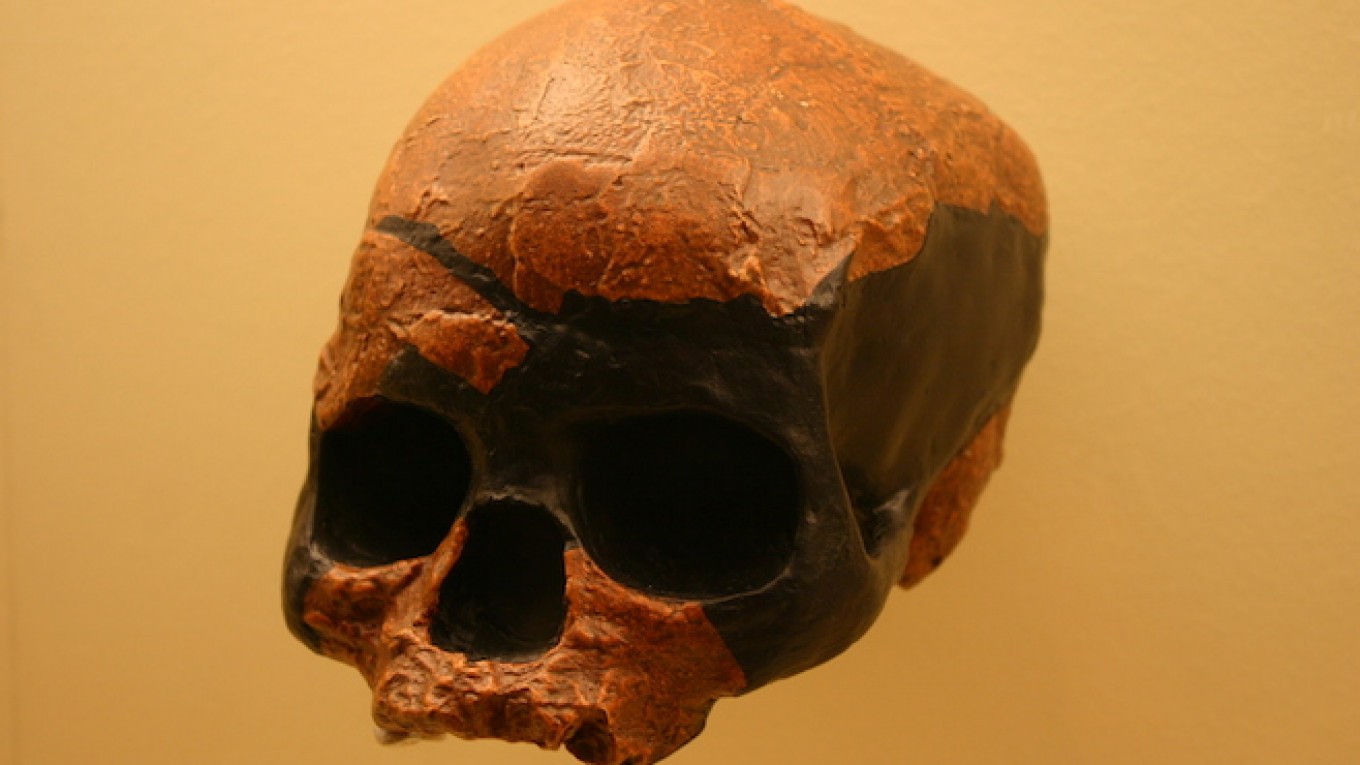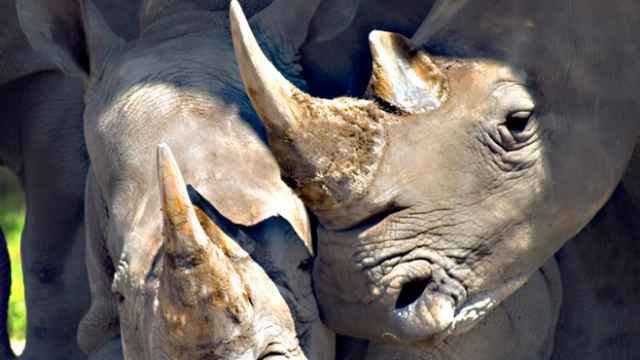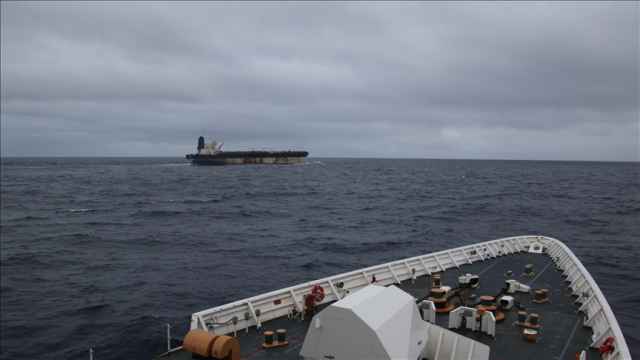WASHINGTON — DNA extracted from the skeleton of a man who lived in Russia about 37,000 years ago is giving scientists new insights into the genetic history of Europeans including interbreeding that took place with Neanderthals more than 50,000 years ago.
Scientists said Thursday that they used DNA taken from the man's left tibia to sequence the genome of one of the earliest known Europeans.
Genetic analysis of the Kostenki man, named after the Russian village where his skeleton was first unearthed 60 years ago, enabled a more precise estimate of when Homo sapiens interbred with Neanderthals who had colonized the region thousands of years earlier, the scientists said.
It also provided evidence of contact earlier than previously known between European hunter-gatherers and people from the Middle East whose descendants developed agriculture.
And it showed that by the time the man lived in what is now Kostenki village in westernmost Russia 36,200 to 38,700 years ago, the people residing in western Eurasia had already split from the lineage that populated East Asia.
The study of ancient human DNA like that extracted from the Kostenki man, facilitated by technological advances in recent years, is allowing scientists to unravel events that paved the way for modern human populations. His was the second oldest genome of our species ever sequenced.
"We show that this individual is related to modern Europeans. We also show that much of the genetic structure present in today's Europe dates back at least to the time when this individual died," said Rasmus Nielsen, a computational biology professor at the University of California, Berkeley and the University of Copenhagen.
"We thought that these [genetic] components came in at different times through European history after the first modern humans came into Europe. And now we can see that they were already there from the beginning," added Eske Willerslev, director of the Centre for GeoGenetics at the University of Copenhagen.
When the ancestors of today's Europeans trekked out of Africa and into Eurasia some 50,000 to 60,000 years ago, they encountered Neanderthals. They scientists found that the Kostenki man had a small percentage of Neanderthal genes, confirming that interbreeding had already occurred.
The scientists used the genetic data to determine that the interbreeding occurred about 54,000 years ago. As a result of this mingling, everyone with Eurasian ancestry — from Chinese to Scandinavians to the native peoples of the Americas — have some Neanderthal DNA.
But the researchers found no evidence of further interbreeding even though the groups lived alongside the Neanderthals for thousands of years more.
The robust, large-browed Neanderthals prospered across Europe and Asia from about 350,000 to 40,000 years ago, but disappeared in the period after Homo sapiens arrived.
Despite an outdated reputation as our species' dimwitted cousins, scientists say Neanderthals were highly intelligent as shown by their complex hunting methods, likely use of spoken language and symbolic objects, and a sophisticated use of fire.
"Were Neanderthal populations dwindling very fast? Did modern humans still encounter them? We were originally surprised to discover there had been interbreeding. Now the question is, why so little? It's an extraordinary finding that we don't understand yet," added University of Cambridge human evolution professor Robert Foley.
The research was published in the journal Science.
A Message from The Moscow Times:
Dear readers,
We are facing unprecedented challenges. Russia's Prosecutor General's Office has designated The Moscow Times as an "undesirable" organization, criminalizing our work and putting our staff at risk of prosecution. This follows our earlier unjust labeling as a "foreign agent."
These actions are direct attempts to silence independent journalism in Russia. The authorities claim our work "discredits the decisions of the Russian leadership." We see things differently: we strive to provide accurate, unbiased reporting on Russia.
We, the journalists of The Moscow Times, refuse to be silenced. But to continue our work, we need your help.
Your support, no matter how small, makes a world of difference. If you can, please support us monthly starting from just $2. It's quick to set up, and every contribution makes a significant impact.
By supporting The Moscow Times, you're defending open, independent journalism in the face of repression. Thank you for standing with us.
Remind me later.






